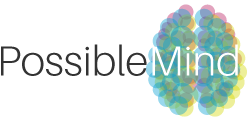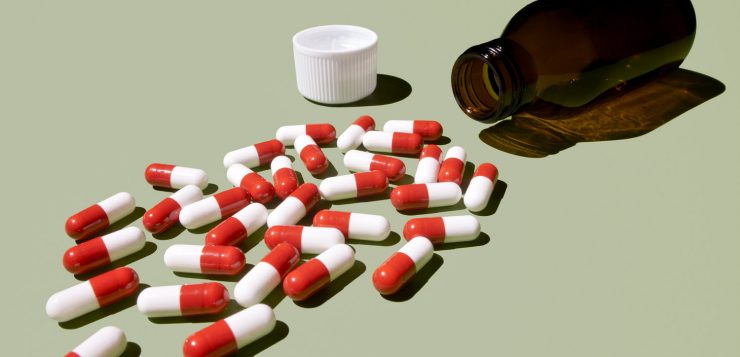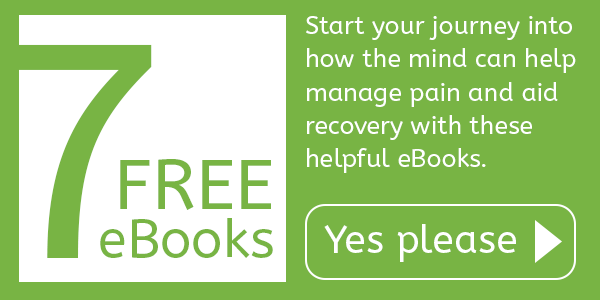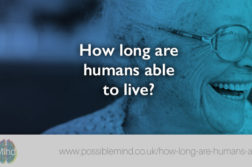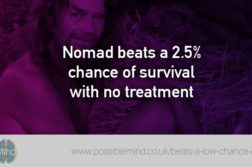Placebos can’t cure diseases, but research suggests that they seem to bring some people relief from subjective symptoms, such as pain, nausea, anxiety and fatigue.
But there’s a reason your doctor isn’t giving you a sugar pill and telling you it’s a new wonder drug. The thinking has been that you need to actually believe that you’re taking a real drug in order to see any benefits. And a doctor intentionally deceiving a patient is an ethical no-no.
So placebos have pretty much been tossed in the “garbage pail” of clinical practice, says Ted Kaptchuk, director of the Program for Placebo Studies and the Therapeutic Encounter at Beth Israel Deaconess Medical Center. In an attempt to make them more useful, he has been studying whether people might see a benefit from a placebo even if they knew it was a placebo, with no active ingredients. An earlier study found that so-called “open-label” or “honest” placebos improved symptoms among people with irritable bowel syndrome.
And Kaptchuk and his colleagues found the same effect among people with garden-variety lower back pain, the most common kind of pain reported by American adults.
The study included 83 people in Portugal, all of whom had back pain that wasn’t caused by cancer, fractures, infections or other serious conditions. All the participants were told that the placebo was an inactive substance containing no medication. They were told that the body can automatically respond to placebos, that a positive attitude can help but isn’t necessary and that it was important to take the pills twice a day for the full three weeks.
Then half the group was assigned to simply continue their usual treatment regimens, which included things like non-opioid painkillers, rest and alternative or complementary remedies. (They were also given the opportunity to use the placebo pills at the end of the study, if they chose.) The other half were assigned to continue with their usual treatment, but to also take the placebo.
Participants rated their pain levels and their difficulty in performing daily activities, like getting dressed or climbing stairs, at the beginning and the end of the three-week study. And researchers found that people who received the placebo saw their scores for both usual and maximum pain levels drop by 30 percent, compared to 9 percent and 16 percent declines for the control group. The placebo group also reported a 29 percent reduction in their score for difficulty in performing daily activities, while the control group saw no change. (A higher score on that test indicated more difficulties.)
That translates to a tangible reduction in pain, says Kaptchuk, who is also a professor at Harvard Medical School. “Patients would feel the difference and physicians would notice it,” he says.
The study was published earlier this month in the journal Pain.
“These kinds of studies show that a package of care that includes an ethical placebo can have a benefit,” says Jeremy Howick, a senior researcher in the University of Oxford’s Nuffield Department of Primary Health Care Sciences who researches placebos but wasn’t involved in this study. “You might not need to deceive patients to get an effect.”
The idea of actually telling people they are getting a placebo is a relatively new line of research. The vast majority of studies that have tested placebos have compared people getting no treatment to people getting a placebo that they thought was a real treatment. A 2010 Cochrane Review of that sort of randomized trial across a variety of conditions found no major clinical effects, generally, though the authors said there was a modest effect in outcomes reported by patients…
